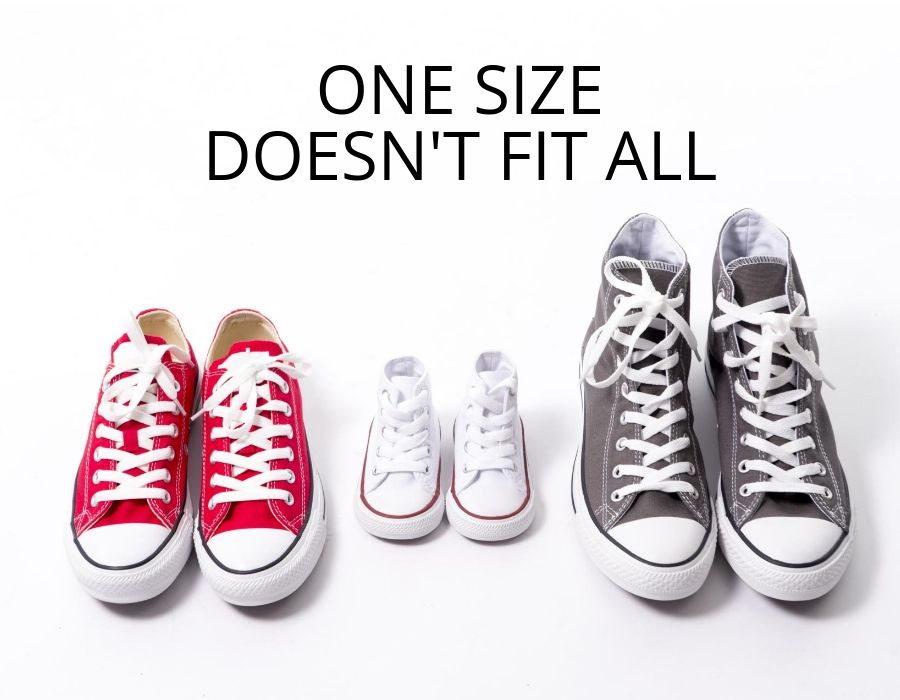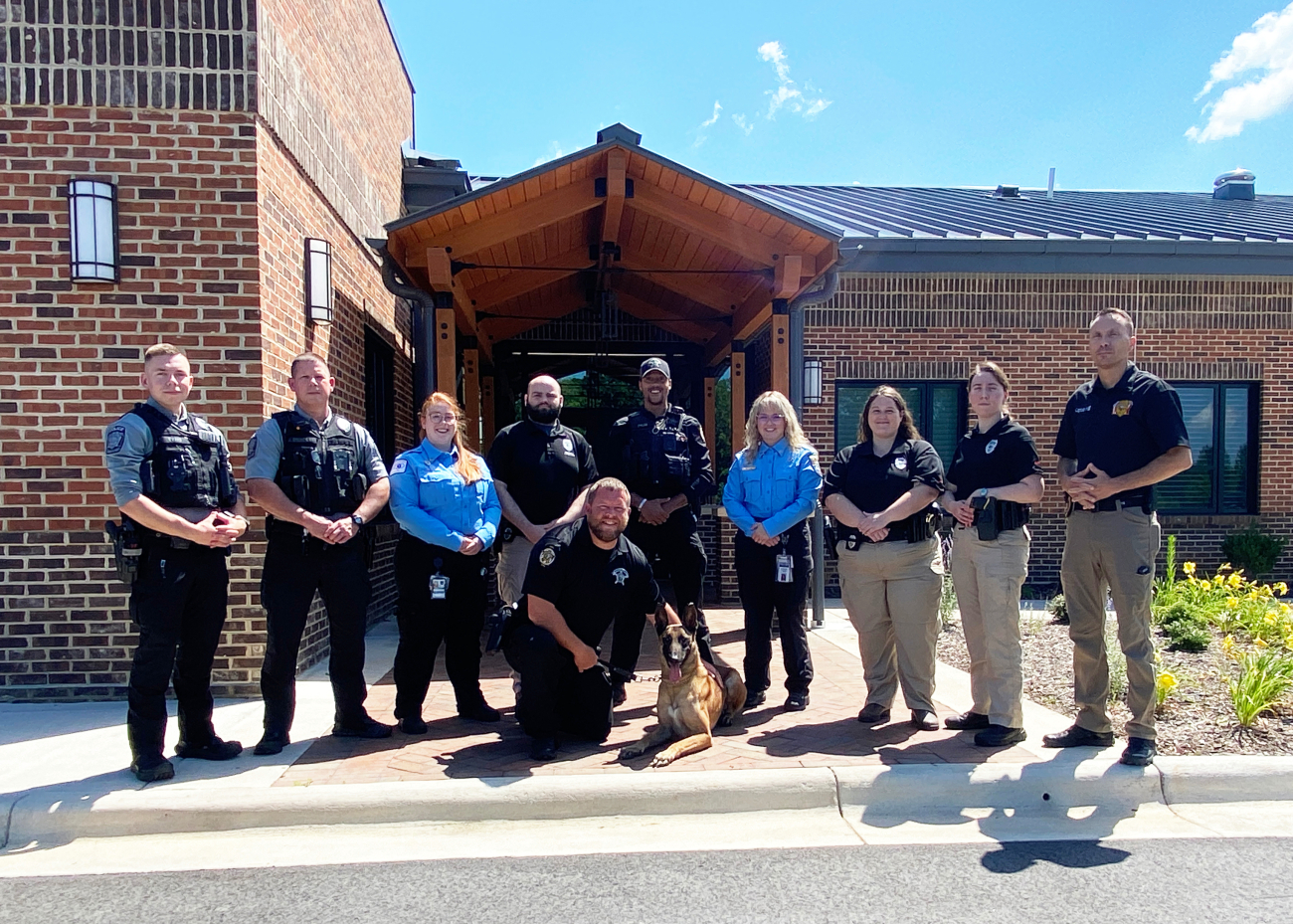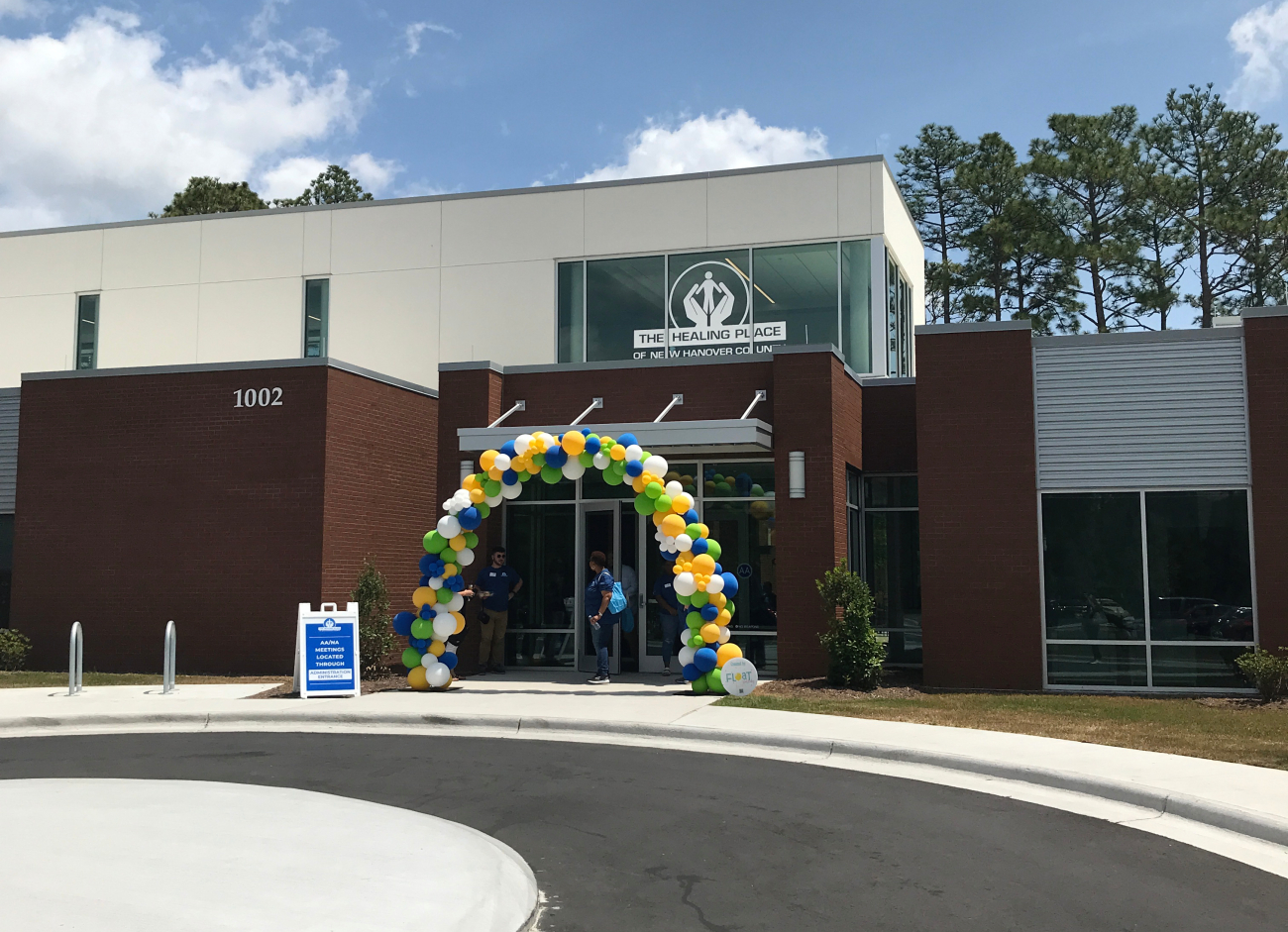Recovery is Always Possible

Trillium Health Resources recognizes Recovery Month every September. Starting in 1989, Recovery Month promotes available treatment options, educates about substance use disorder, and highlights the providers and supports that help make recovery possible.
From July 2022 to June 2023, Trillium assisted over 13,000 with finding treatment for substance use disorder (SUD). While we are still finalizing our numbers for fiscal year 2024, we expect those numbers to be even higher with Medicaid Expansion in December 2023 and the addition of 18 counties to the Trillium region in February 2024.

Recovery is not “one-size-fits-all.” Trillium realizes it takes a variety of treatments, and potentially multiple attempts, for a person to find a recovery option that works for them. Out of those 13,000 served, there were numerous paths each person could have taken that may have included some of the services below:
- Behavioral health crisis services and withdrawal management services
- Facility based crisis services for children and adolescents
- Mobile crisis management services
- Ambulatory detoxification services
- Substance Abuse Counseling Outpatient Treatment (SACOT) and Substance Abuse Intensive Outpatient Program (SAIOP)
- Medically supervised or alcohol and drug abuse treatment center detoxification crisis stabilization
- Non-hospital medical detoxification services
Crisis Intervention Team (CIT) Training Graduates

Along with these services, Trillium offers education across our region to help inform law enforcement agencies of steps they can take to assist those with SUD. Trillium provides Crisis Intervention Team Training (or CIT) to first responders, teaching them about the signs and symptoms of those with SUD and the local facilities or providers where treatment is available. All too often an individual faces incarceration when treatment is what they need.
We also implemented diversion efforts, including in Pasquotank, Pitt, and Nash counties, through our co-responder program. These co-responders, as behavioral health professionals, support more rapid access to treatment and improvements in service delivery as part of the initial response system with law enforcement, Department of Juvenile Justice, and Department of Social Services. The co-responder offers support to members during a time of need, and assists them with options in lieu of more traditional correctional methods, which helps put them on a path to recovery.
The Trillium Support Transition and Re-entry program (or T-STAR) also coordinates with correctional facilities to help prepare individuals upon release. By connecting those with a history of SUD with providers and necessary supports, they are given the tools they need to remain in recovery as they re-enter society and the work force.
The Healing Place of New Hanover County

Recovery facilities in our region include The Healing Place of New Hanover County. Its 200 beds have been near capacity since opening in spring of 2023. Located in Wilmington, any Trillium member can attend this long-term, peer-led residential facility. Based on The Healing Place in Kentucky, this successful model focuses on accountability and empowerment, at no cost to the individual.
Oxford House Craven County

Once individuals have completed a treatment programs, having a supportive living environment is crucial. Trillium has supported the launch of 93 Oxford Houses across our 46 counties. Oxford Houses offer a clean, sober housing option for individuals in recovery. After an application and approval process, individuals in the program are expected to participate in a recovery program in the community. They must also follow basic house rules, including contributions to household expenses and electing officers in rotating leadership positions.
Treatment options, diversion partnerships, and innovative solutions are crucial to recovery. Just as important are efforts to help reduce the stigma and embarrassment associated with SUD. Misperceptions and inaccurate assumptions can be just as harmful to getting treatment as lack of services or access. According to the National Survey on Drug Use and Health prepared by the Substance Use and Mental Health Services Administration (SAMHSA), in 2023 there were 48.5 million people ages 12 and older who experienced SUD in the past year. This prevalence rate totals about 17 percent in the United States. This is a huge amount of people who should not be stigmatized or ignored. They deserve the attention and support to get the health care they need.
Trillium offers Mental Health First Aid to anyone interested in learning how they can identify and support someone in a mental health or substance use crisis. We distribute brochures on recognizing the warning signs of drug use in adults and teens. Our Access Point webpage provides anonymous online screenings if you are worried about your own or a loved one’s substance use.
We all deserve the chance to reach our fullest potential. Through education and helping to lessen the stigma, Trillium hopes to help more people discover that recovery is always possible.